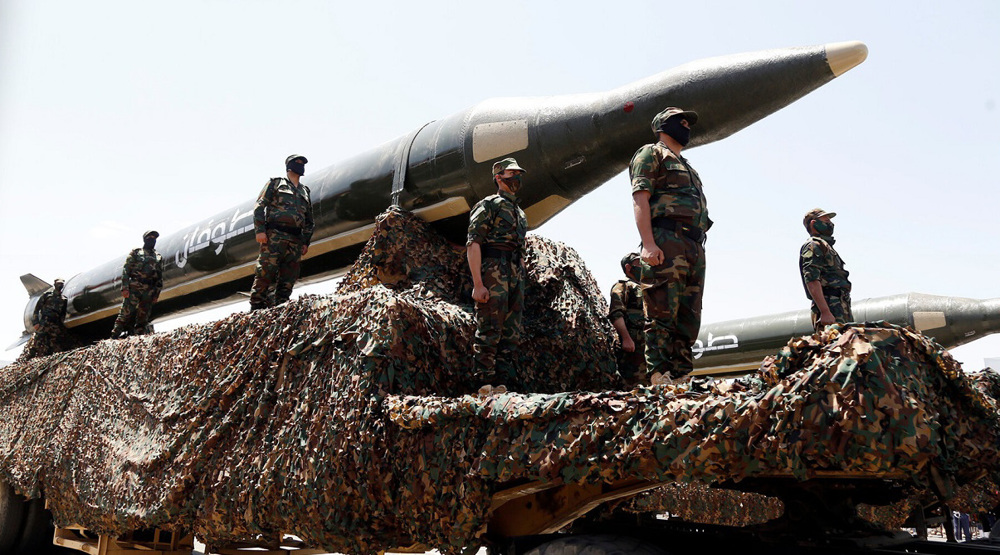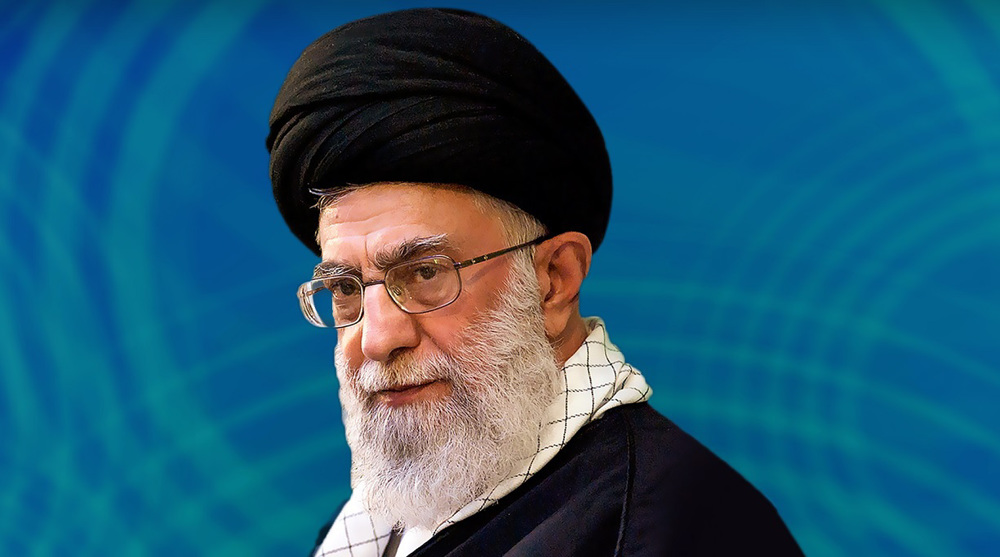People wary over COVID-19 vaccines ready to hit market
Bianca Rahimi
Press TV, London
Despite working at breakneck speed the makers of the Covid-19 vaccines now on the verge of being rolled out insist no corners have been cut.
Biotech company Moderna has applied for US and European emergency authorization for its vaccine which it claims to be 94.1% effective with no serious safety concerns. Meanwhile United Airlines are getting ready to kick start a global supply and distribution network for Pfizer's vaccine. Governments everywhere are trying to secure their share to kick start their economies.
We have every reason now to be very hopeful that these vaccines really will turn the tide in the struggle against the disease and unlock not just this country but unlock the whole of the world and give people finally a sense of relief and salvation after a year in which humanity has basically been unable to move forward.
A mass inoculation program is expected to begin in late December and more than 80 percent need to be vaccinated for the global initiative to succeed. The challenges of distribution are immense. One of those challenges is convincing people the vaccine is safe. Because this has happened before, and things have gone wrong.
In 2009 a British company developed a swine flu vaccine. It was approved by the European Medicines Agency for use across the EU but following a widespread vaccination campaign 1,800 people, primarily children and young adults under 30, developed debilitating narcolepsy that causes excessive and often uncontrollable drowsiness. So is this happening too fast?
Children will not be immunized but the British government has not ruled out making the vaccines compulsory for adults. Westminster is mulling ways to incentivize getting the jab first. People may need an immunity passport or QR code on their phone to attend football matches, the theatre and other events like the Tokyo Olympics. Qantas airlines have already announced that proof that you’ve been vaccinated will be compulsory on its flights.
Dec. 22: ‘Axis of Resistance’ operations against Israeli occupation
‘Abhorrent’: Oxfam says only 12 trucks delivered aid in North Gaza since Oct.
VIDEO | Leader receives religious eulogists on Hazrat Fatima birth anniv.
Pope Francis slams Israel’s ‘machine-gunning’ of Gaza children
US hostage-taking of Iranian nationals violation of intl. law: Deputy FM
VIDEO | Carol Singers for Palestine on London’s Parliament Square
Ansarullah says ‘Israeli terrorists’ incapable of confronting Yemen, warns of secret weapons
VIDEO | Yemenis praise the military for its successful operations against Israel









 This makes it easy to access the Press TV website
This makes it easy to access the Press TV website